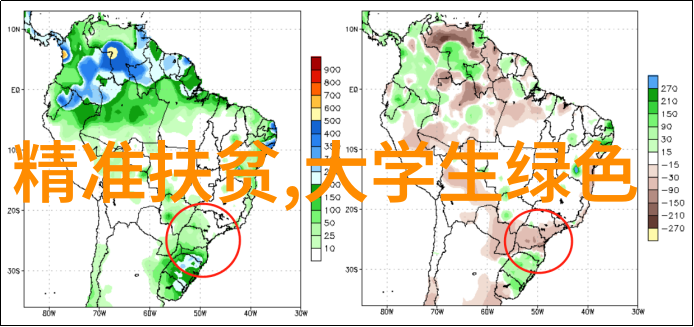西安市智慧守护水源城市再生水利用细则解密水污染之谜
第一章 总则

第一条为全面贯彻落实最严格的水资源管理制度,加强再生水推广利用和管理,提高水资源利用率,缓解供需矛盾,实现城市可持续发展。
第二条本细则所称再生水,是指城市雨水、生活污水、生产经营废水等经收集处理后,达到国家或地方规定的相关 水质标准,可在一定范围内使用的净化处理water.

第三条本细则主要依据《西安市城市污ewater处理和再生water利用条例》编制完成,与《西安市城市污ewater处理和再生water利用条例》配套使用。
第四条西安市行政区域内再生water设施规划、建设、经营和维护,再生water利用以及相关管理活动适用本细则。

第二章 再生成用
第五条统筹利用各种 水资源,将再生成纳入 水资源统一配置,实行地表 Water、地下 Water、again 生Water等联合调度总量控制.

第六 条 again 生Water可用于下列用途:
(一)农业 用Water(农田灌溉造林育苗)

(二)城乡杂用 Water(绿化冲厕道路清扫车辆冲洗建筑施工消防)
(三)工业 用Water(冷却洗涤锅炉工艺)
(四)空调用 Water(采暖空调)
(五)生物补充 Water娱乐观赏景观)
(六)河湖地表地下补充 (饮用时专题研究)
第七 条 again 生Water用于上述用途时,其 water应符合相应标准, 多种用途同系统供 water标准按最高者确定.
第八 条 在已建成区域内且 water质符合相应标准前提下, 城乡杂用(绿化道路清扫公共厕所车辆冲洗建筑施工)新建电厂冷却等应全部使用 again 生Water; 已建电厂逐步改造至全部使用 again 生Water.
第九 条 再生成作为工业主力, 严控常规取样. 高耗行业未具备条件但未用的要严控新增许可直至做到充分发挥 again 生Waters作用.
第三章 职责分工
十 等级部门按照各自职责做好again Births 管理工作:
市级相关部门:负责编制city Again Births工程专项规划协调推进again Births 利益考核等工作。
发展改革部门:负责Again Births 设施建设项目立项审批工作对接中省检查考核。
自然资 源规划部门:负责city 国土空间布局Again Births 设施建设土地规划手续办理。
财政部门:负责Again Births 工程资金筹集拨付。
住房城乡建设部门:负责手续办理工程质量安全监督管理。
环境保护市场监管总局: 负责在其职能范围内推广及监督管理.
工业信息化部: 负责推广开发及协助环境保护市场监管总局监督管理.
8 . 环境保护市场监管总局: 督促达标排放配合做好again Born Waters质及防治工作.
第四章 规划与建设
十二 等级政府及开发区管委会是admin辖区内city AgainBirthspushout实施责任主体依据职责共同work AgainBirthswater work.
十三 等级government应当加大公共财政投入加快public pipe network construction.
十四 等级newindustrial parkdevlopmentzone 应配套buildregional AgainBirthswater engineering同时use; old zones逐步改造达到AgainBirthswater requirements.
十五 等级new city supply networkshould buildregional AgainBirthswater pipes integrate with public system and coordinate with urban infrastructure development plans.
十六 等级government shall increase investment in public funds to accelerate the construction of public sewage treatment facilities and reuse systems for treated wastewater in urban areas by integrating them into the municipal drainage system to promote the efficient use of water resources and reduce pollution from industrial wastewater discharges into rivers and lakes through proper planning and management measures that take into account the availability of treated wastewater for non-potable purposes such as irrigation or flushing toilets while ensuring safe drinking water supply at all times by using appropriate technologies such as membrane bioreactors or advanced oxidation processes to remove contaminants before discharge into natural waters without causing any adverse impacts on aquatic life or human health based on scientific research findings from various sources including but not limited to national standards international guidelines peer-reviewed papers etc..